Russian research ships have discovered massive oil and gas reserves in the British Antarctic territory, reportedly totaling around 511 billion barrels of oil.
This find, revealed in evidence to the Commons Environment Audit Committee last week, could have dramatic implications for the region, threatening the delicate environmental balance.
Antarctic Treaty at Stake

The 1959 Antarctic Treaty, which prohibits oil development to ensure the region remains exclusively for peaceful and scientific purposes, now faces a significant test.
Russia has affirmed its commitment to the treaty’s objectives, but the size of this discovery poses real challenges to its future integrity.
Russia’s Assurance vs. Skepticism
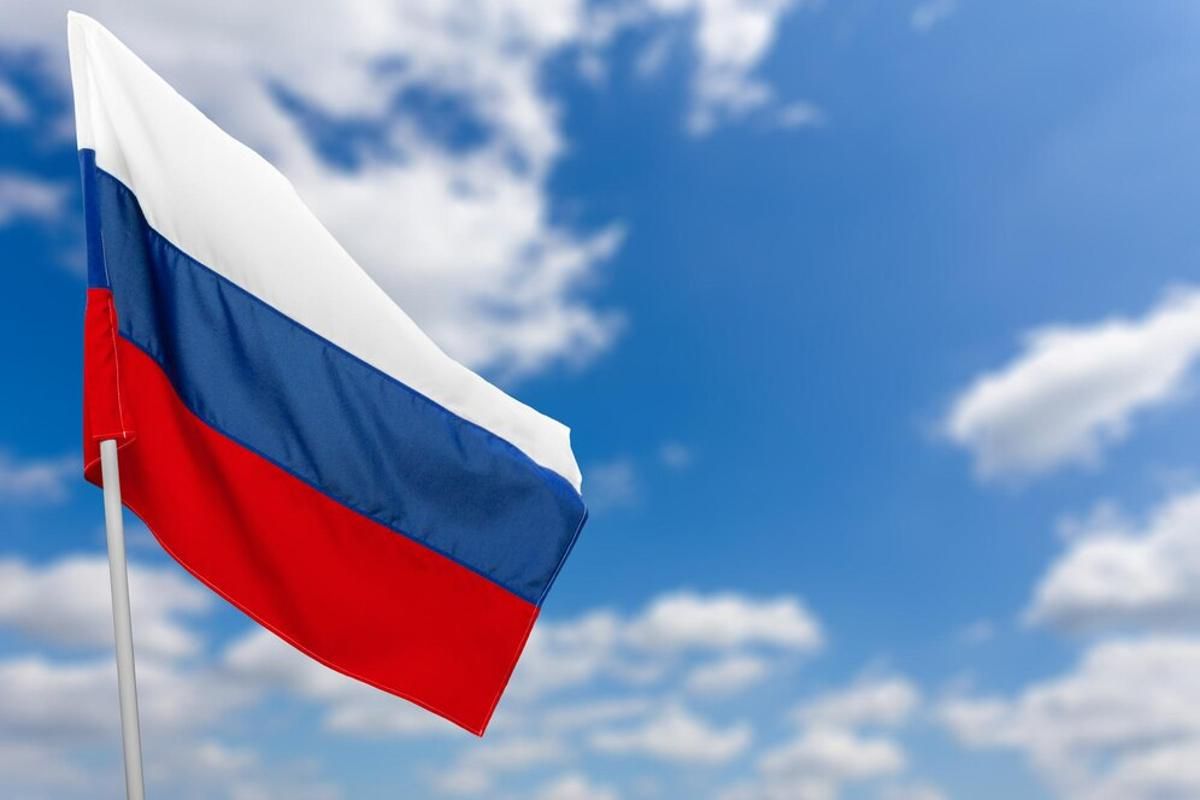
Minister David Rutley assured MPs that Russia’s activities were scientific in nature.
However, skepticism remains, as geopolitical expert Klaus Dodds points out that the region’s policy environment is “arguably at its most challenging since the late 1980s and early 1990s,” fueled by broader international tensions.
Geopolitical Tensions Intensify
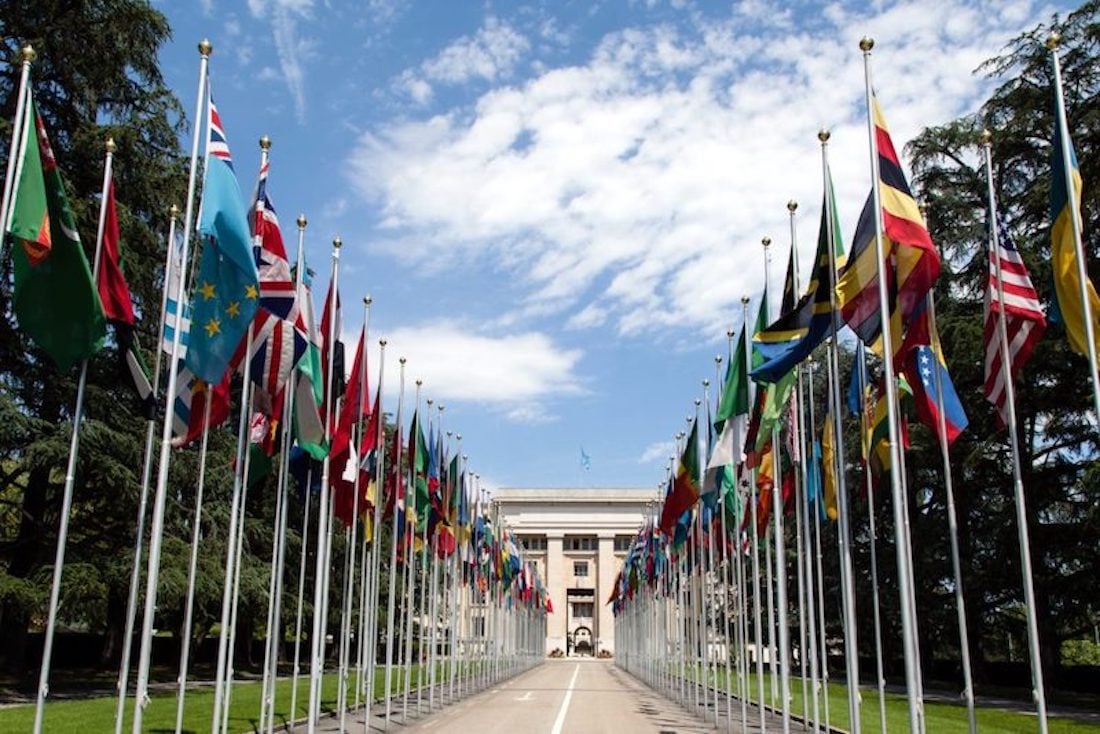
Dodds further argues that Russia’s oil and gas exploration could be seen as a precursor to resource extraction, which complicates the geopolitical landscape.
This discovery amid strained global relations could hint at a new era of resource competition in Antarctica.
The Size of the Discovery

The discovery’s scale is unprecedented, equating to about ten times the North Sea’s output over the last 50 years.
This revelation to the Commons Environment Audit Committee underscores not just potential economic gains but also significant environmental risks.
Environmental Concerns
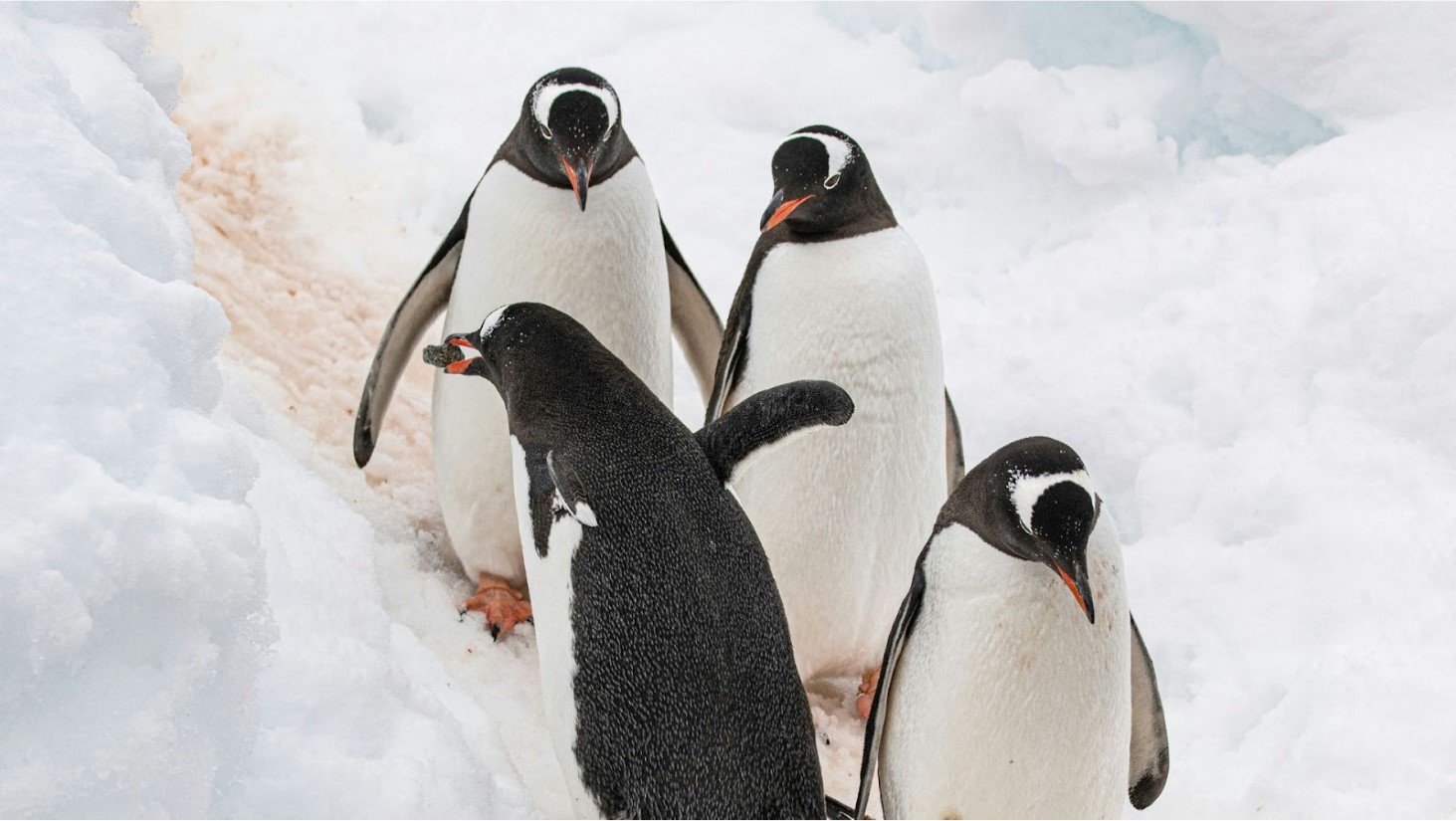
The potential for drilling in such a pristine environment raises serious environmental concerns.
The impact on Antarctica’s unique ecosystems and global climate commitments could be far reaching, with irreversible consequences.
Global Energy Implications
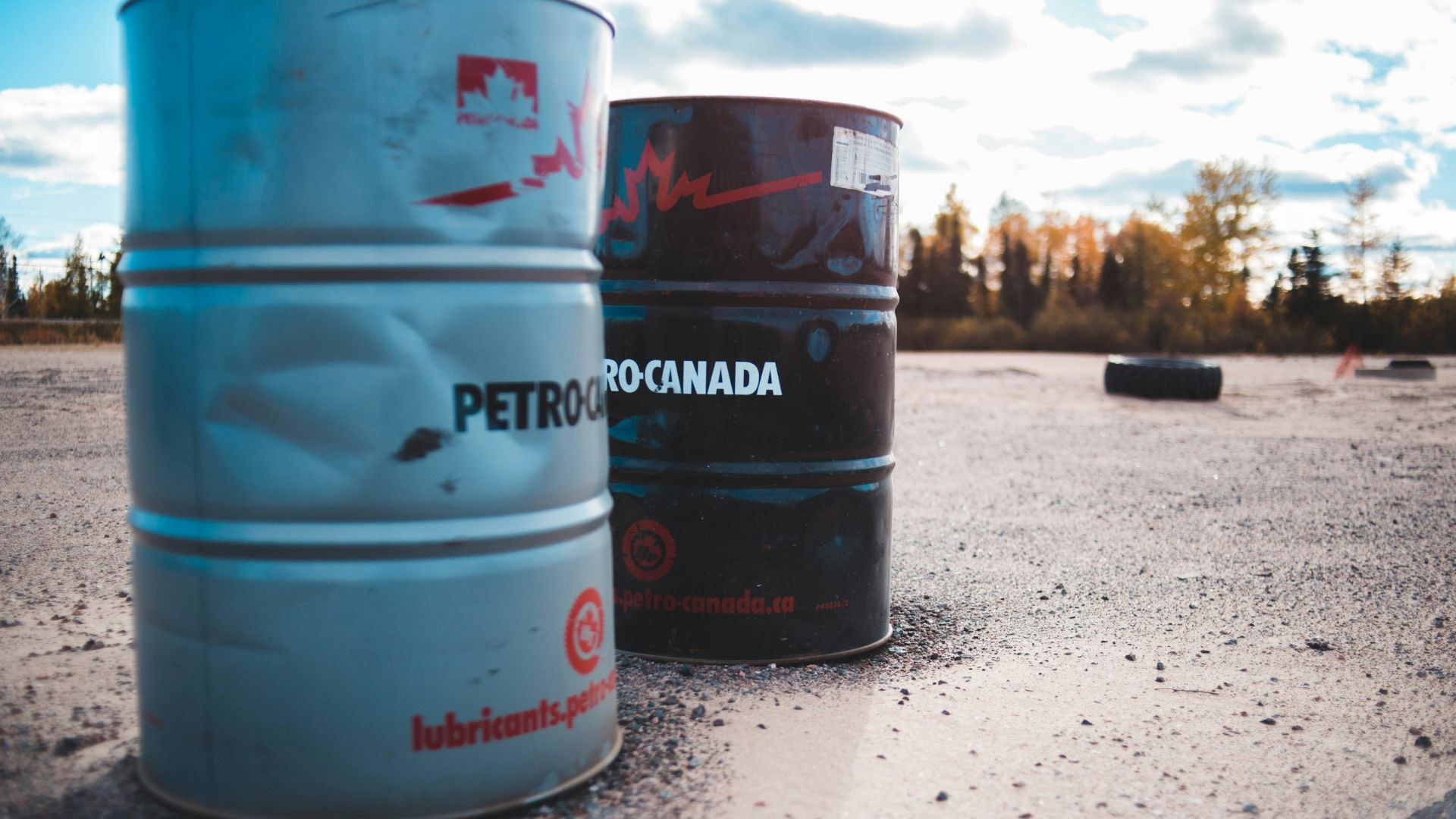
This oil find could also shift global energy markets and dynamics significantly.
While potentially lowering global oil prices, it could undermine international efforts to combat climate change and transition to renewable energy sources.
Russia’s Global Strategy

The timing and nature of Russia’s activities, strategically orchestrated, suggest a deliberate move to assert dominance over new resources. This tactic is not isolated but reflects a broader pattern of Russian behavior on the global stage, particularly noticeable in other resource-rich regions.
By leveraging its position and power, Russia aims to secure its influence and control over these vital assets, showing its intentions to play a major role in global resource management and geopolitics.
International Response
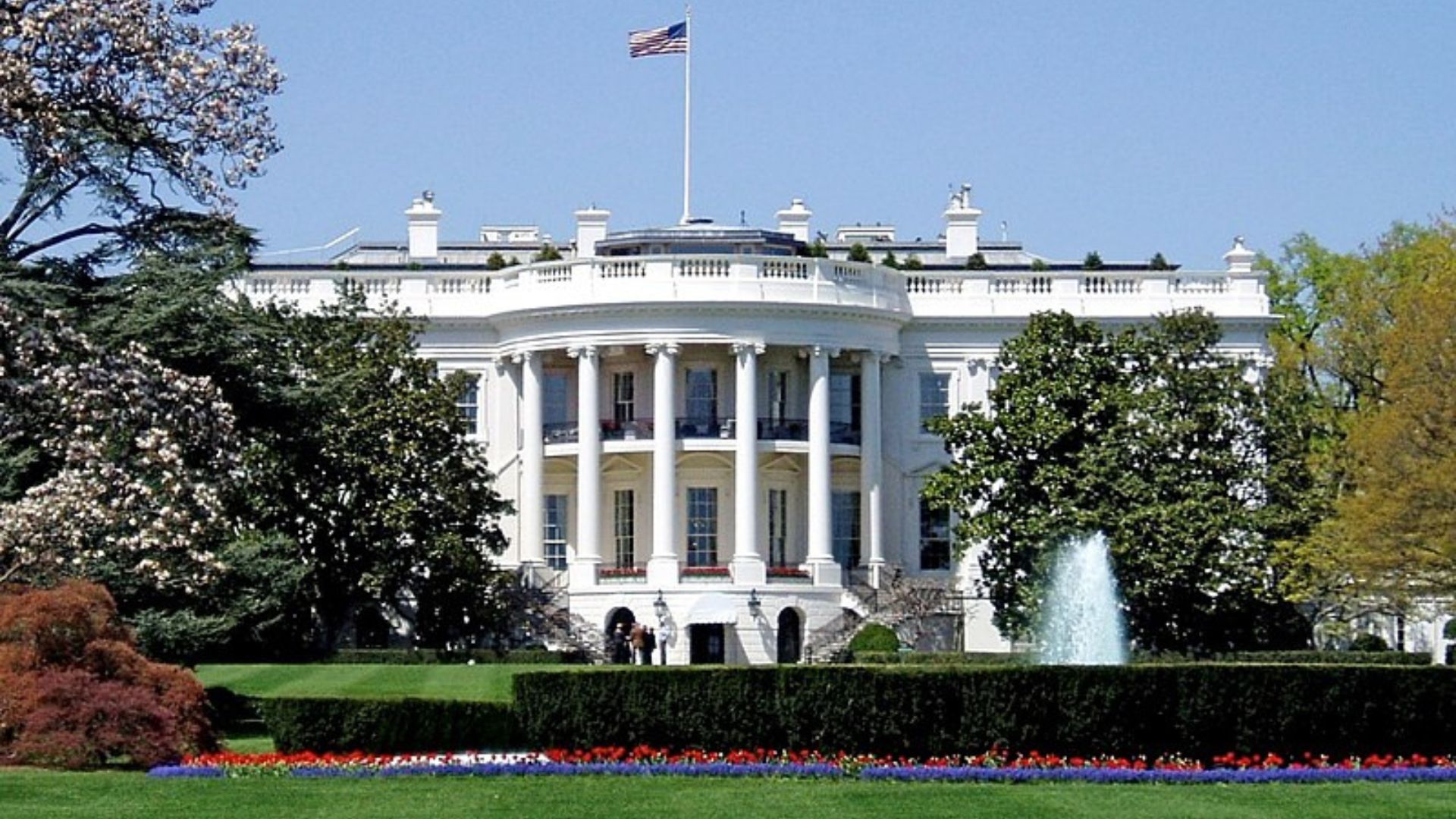
The international community, particularly signatories of the Antarctic Treaty System, faces the challenge of protecting Antarctica’s environment.
Ensuring the treaty’s conservation and research goals are prioritized over economic interests is crucial. Balancing environmental protection with interest in natural resources is key to maintaining Antarctica as a reserve for peace and science.
Historical Claims and Disputes

The Antarctic territory, which has been previously claimed by nations such as Argentina and Chile, may witness a resurgence in disputes over territorial and resource rights.
This potential increase in tension could significantly complicate the already complex geopolitical climate, as the importance of Antarctica’s natural resources becomes more evident in the global arena.
Looking Forward

Maintaining, and perhaps even strengthening the Antarctic Treaty is vital to improve transparency and oversight of activities in the region, ensuring Antarctica remains a land for peace and scientific research.
This will help to protect its unique environment and promote international cooperation.
A Delicate Balance

Maintaining Antarctica as a region dedicated to scientific exploration and environmental preservation requires unwavering international cooperation.
This oil discovery will test the resilience of global agreements against the lure of vast natural resources.
Unique Antarctic Species at Risk
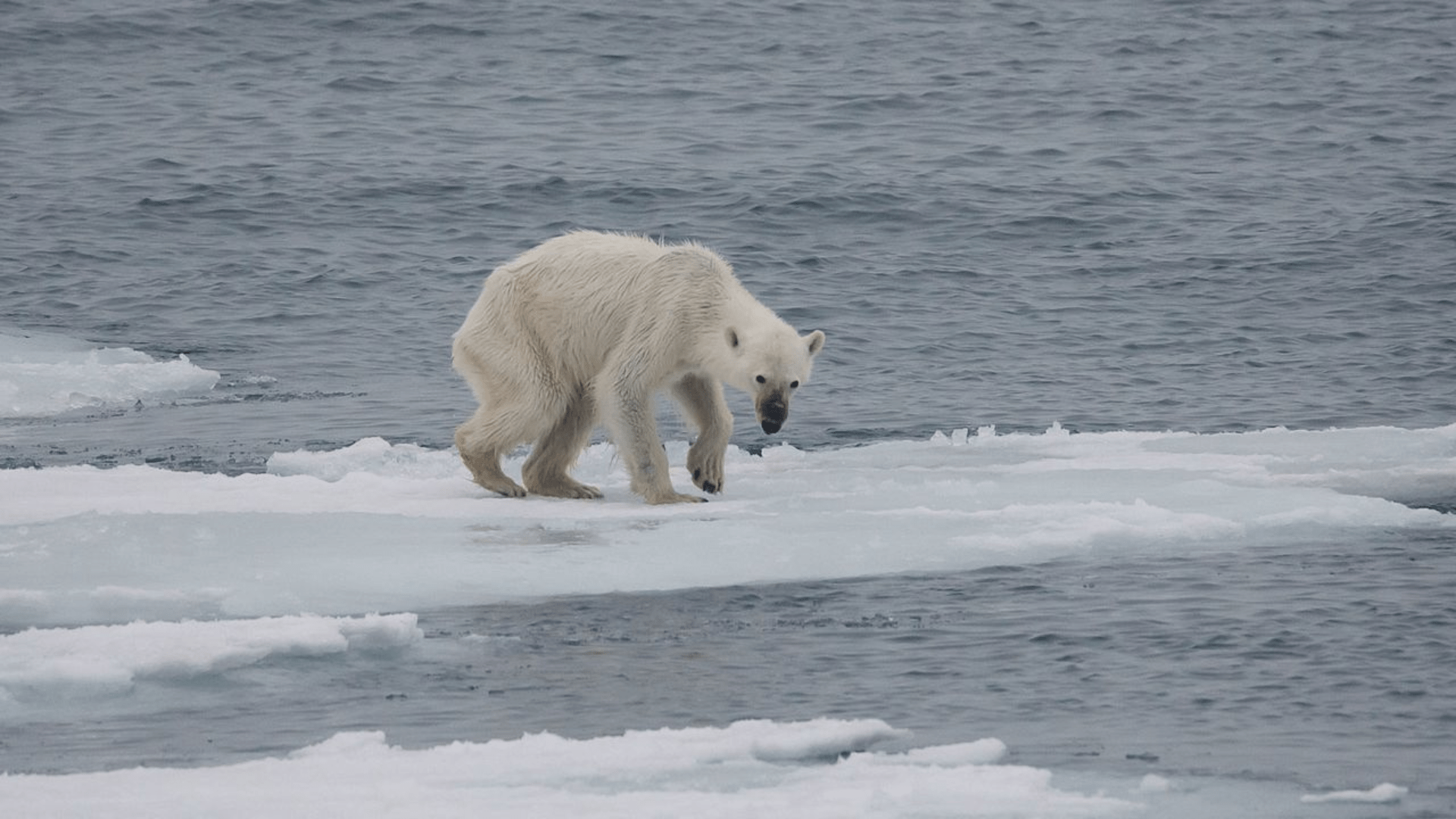
Antarctica hosts unique species found nowhere else on Earth, such as the Antarctic petrel and the Antarctic midge. Oil exploration threatens these species by risking oil spills and habitat disruption.
The fragile ecosystems are particularly vulnerable, and even minor disturbances can have significant impacts. Protecting these species is crucial to preserving Antarctica’s biodiversity and ecological integrity.
Threats to Weddell Seals
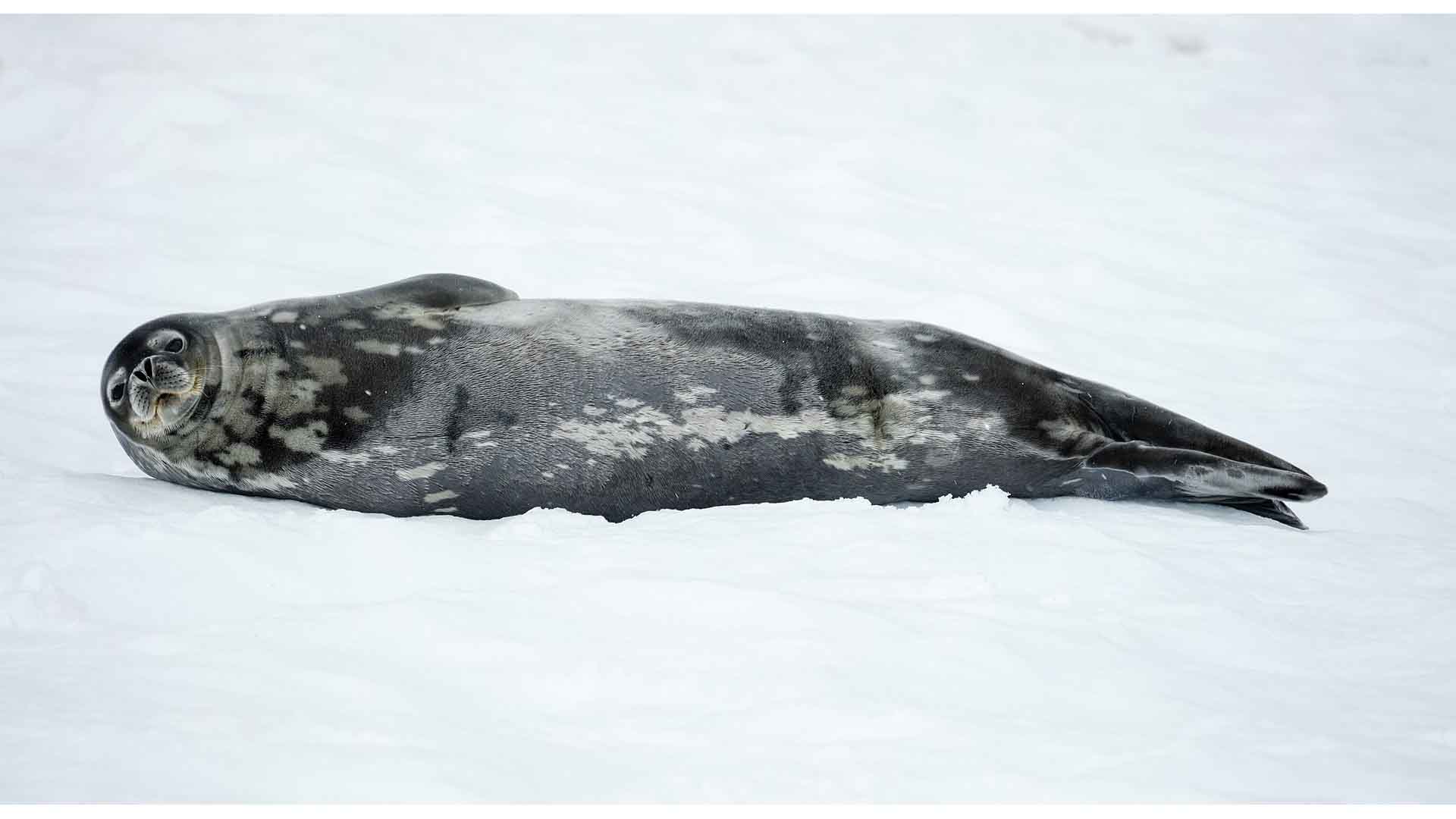
Weddell seals depend on pristine Antarctic waters for hunting and breeding. Oil spills could poison their prey, leading to population declines. Additionally, noise pollution from drilling could disrupt their natural behaviors.
Protecting these seals means minimizing human interference in their habitat, emphasizing the importance of maintaining the Antarctic environment’s integrity for these unique marine mammals.
Emperor Penguins in Peril
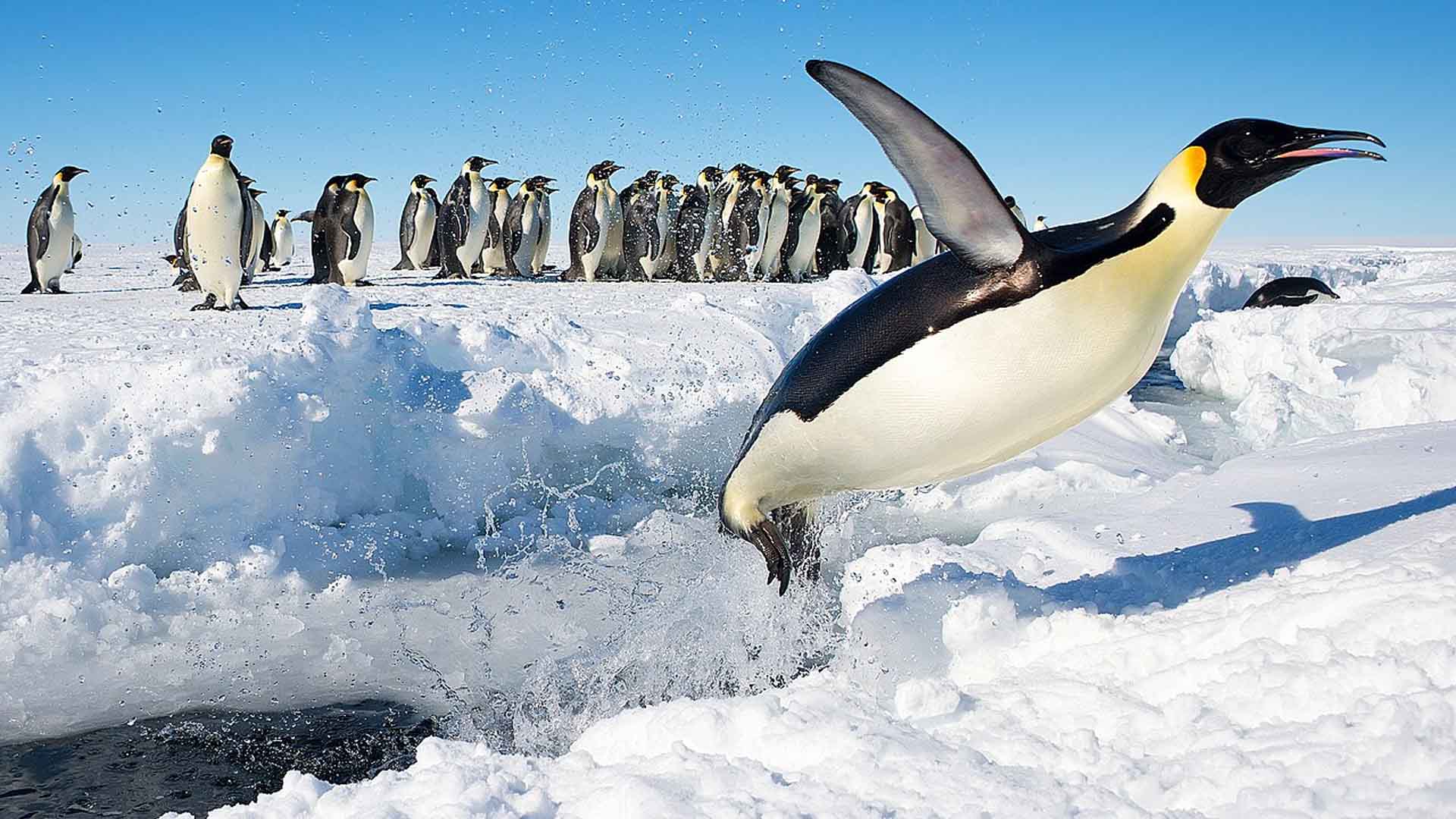
Emperor penguins, the largest of their kind, breed on stable sea ice. Oil exploration could lead to habitat loss, threatening their breeding success. Exposure to oil spills can even reduce their insulation, causing hypothermia.
Conservation efforts must prioritize maintaining stable ice conditions and preventing pollution to safeguard these majestic birds and their critical breeding grounds from industrial threats.
Antarctic Krill Under Threat
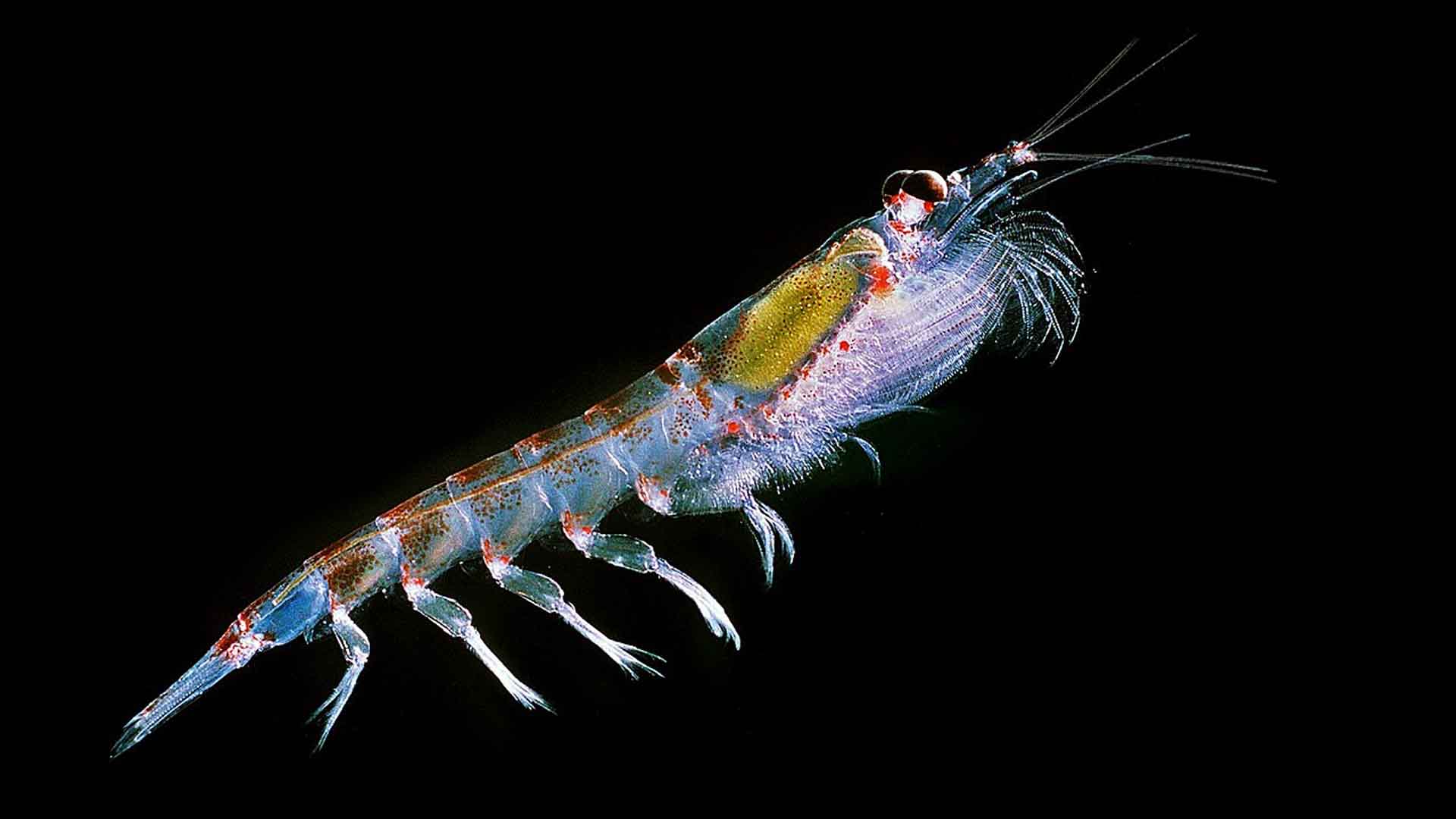
Antarctic krill are a cornerstone species, vital to the food web, feeding whales, seals, and penguins. Oil spills could devastate krill populations, impacting their reproduction and growth.
The loss of krill would have cascading effects on the entire ecosystem. Protecting these small but essential creatures is crucial to maintaining the health and balance of Antarctica’s marine life.
Lessons from North Sea Oil
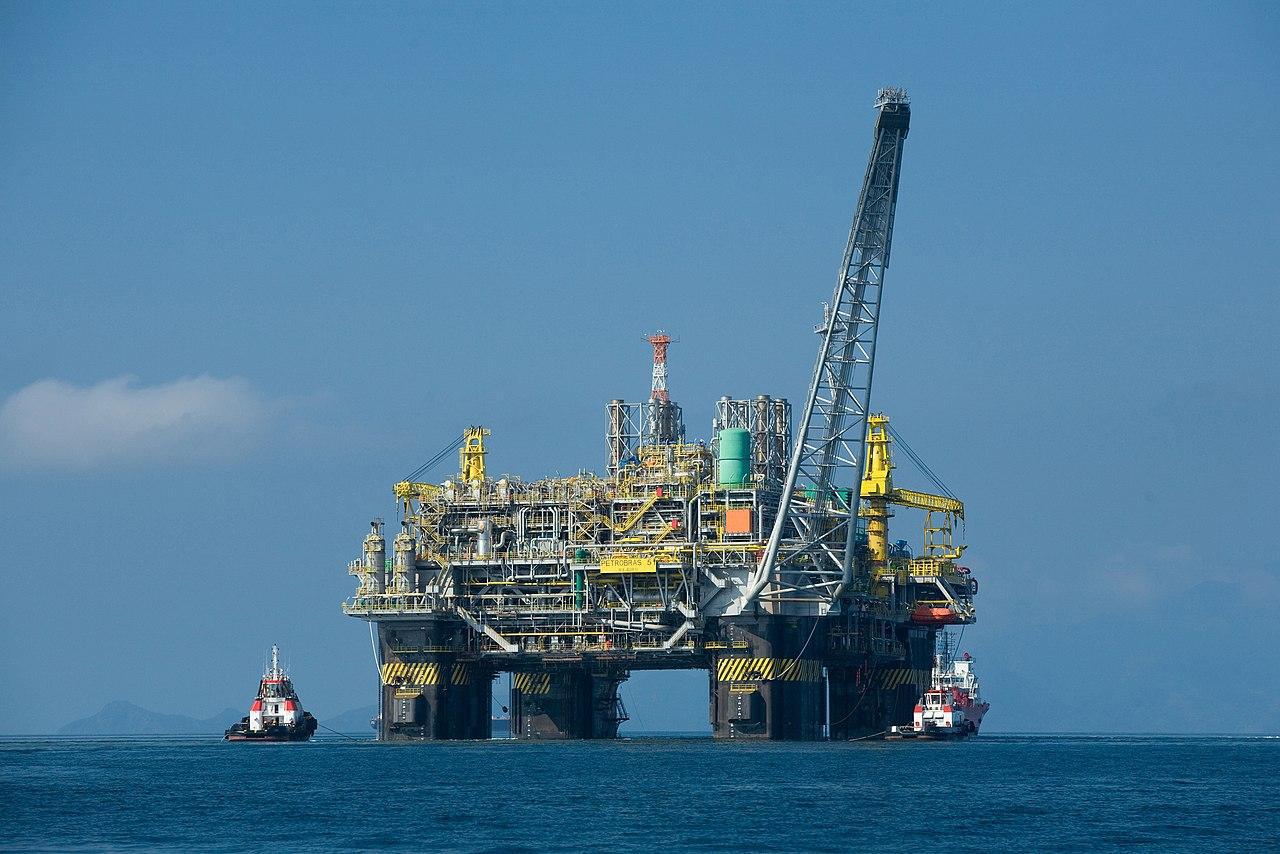
The North Sea oil boom brought economic growth but also environmental challenges. Pollution from extraction processes affected local wildlife and ecosystems.
This historical example underscores the need for strict environmental regulations and monitoring to mitigate the adverse effects of oil drilling. Learning from the North Sea experience can guide more sustainable practices in future oil explorations.
Deepwater Horizon: A Stark Reminder
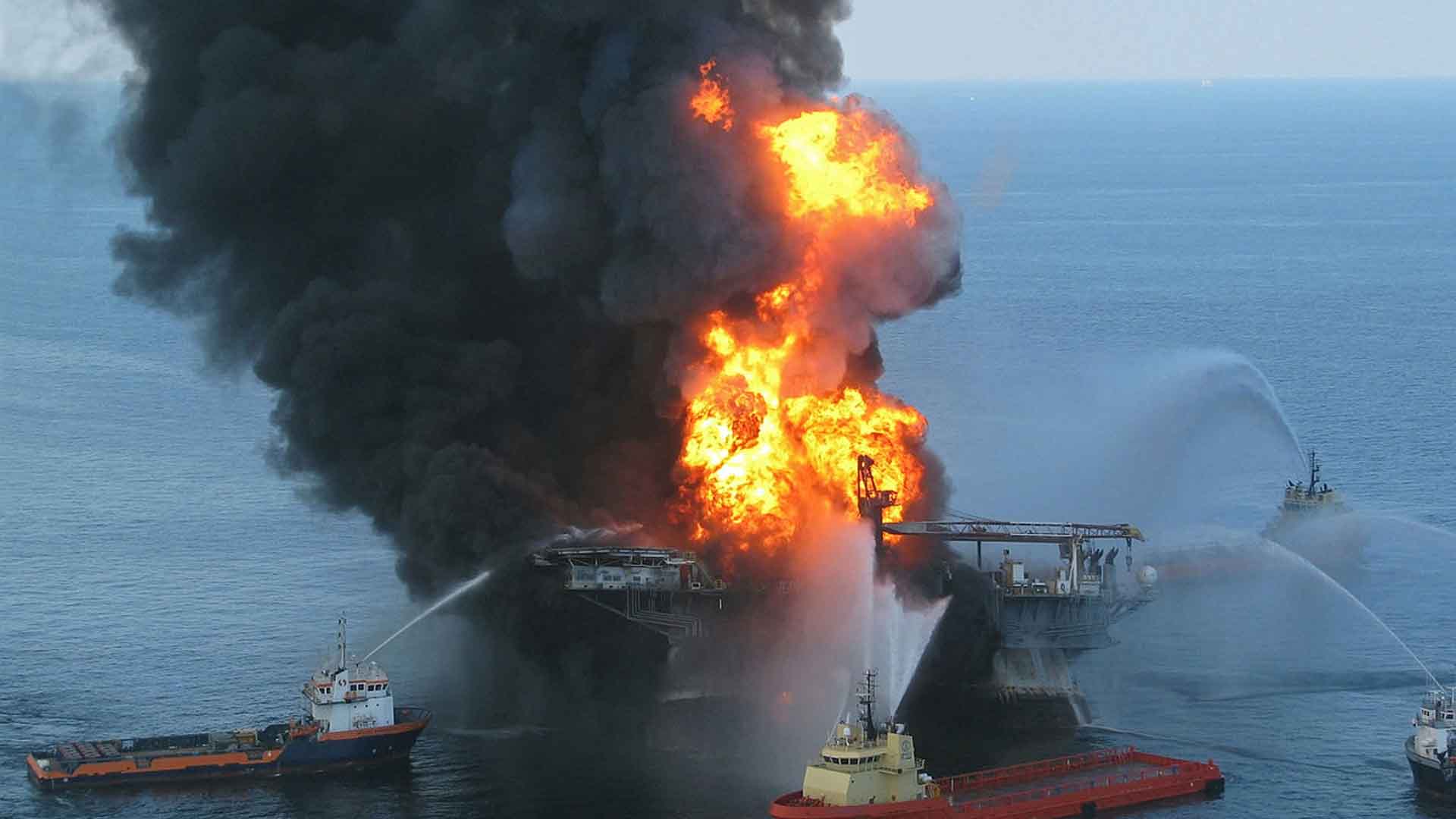
The 2010 Deepwater Horizon spill in the Gulf of Mexico was a catastrophic event, causing extensive damage to marine and coastal ecosystems. It highlighted the risks associated with offshore drilling and the importance of emergency preparedness and robust safety measures.
This disaster serves as a cautionary tale for potential oil exploration in Antarctica, emphasizing the need for stringent safeguards.
Prudhoe Bay’s Mixed Impacts

Oil exploration in Alaska’s Prudhoe Bay has led to both economic benefits and environmental degradation. Habitat fragmentation and pollution have significantly impacted local wildlife.
The sensitivity of Arctic and Antarctic environments to disturbances makes the Prudhoe Bay experience a valuable lesson in balancing economic interests with environmental protection, ensuring sustainable development in polar regions.
Environmental Degradation in the Niger Delta
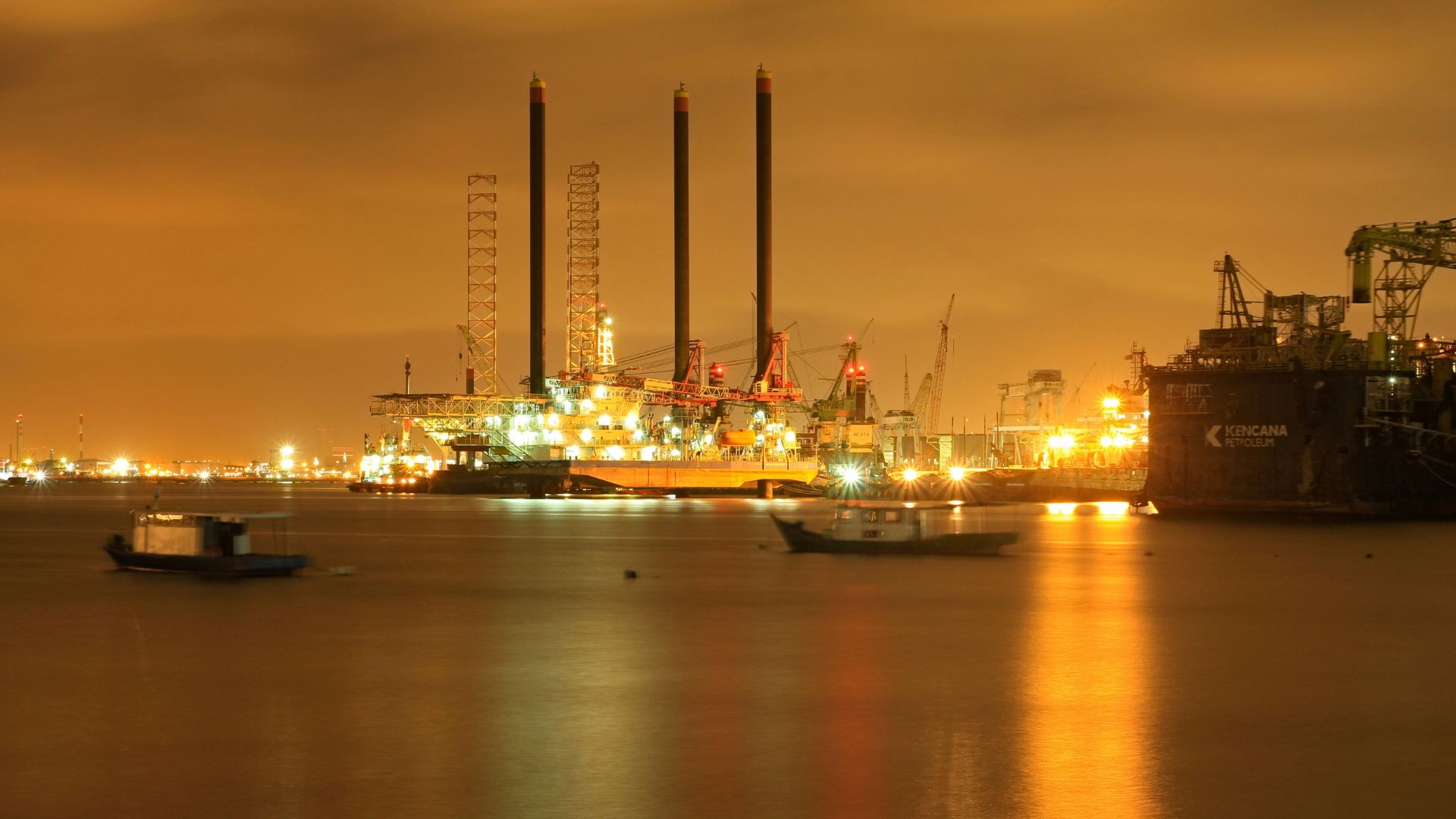
The Niger Delta in Nigeria has experienced severe environmental degradation due to decades of oil spills. The region’s biodiversity has suffered, highlighting the long-term consequences of inadequate regulatory frameworks.
This case demonstrates the importance of holding oil companies accountable and implementing strict environmental protection measures to prevent similar outcomes in Antarctica.
Strengthening International Environmental Laws

As mentioned, in response to the potential impacts of Antarctic oil exploration, there may be a push to strengthen international environmental laws.
This could include more stringent drilling regulations, increased funding for environmental monitoring, and better enforcement of existing treaties. Enhanced legal frameworks are essential to protect Antarctica’s pristine environment from industrial exploitation.
Shifts in Global Geopolitics

The discovery of oil in Antarctica could significantly shift global geopolitics, with nations vying for control over these resources. New alliances and conflicts may emerge, reshaping the international political landscape.
Balancing national interests with global environmental concerns will be crucial in navigating these geopolitical changes and maintaining stability.
Enhanced Research and Conservation Efforts
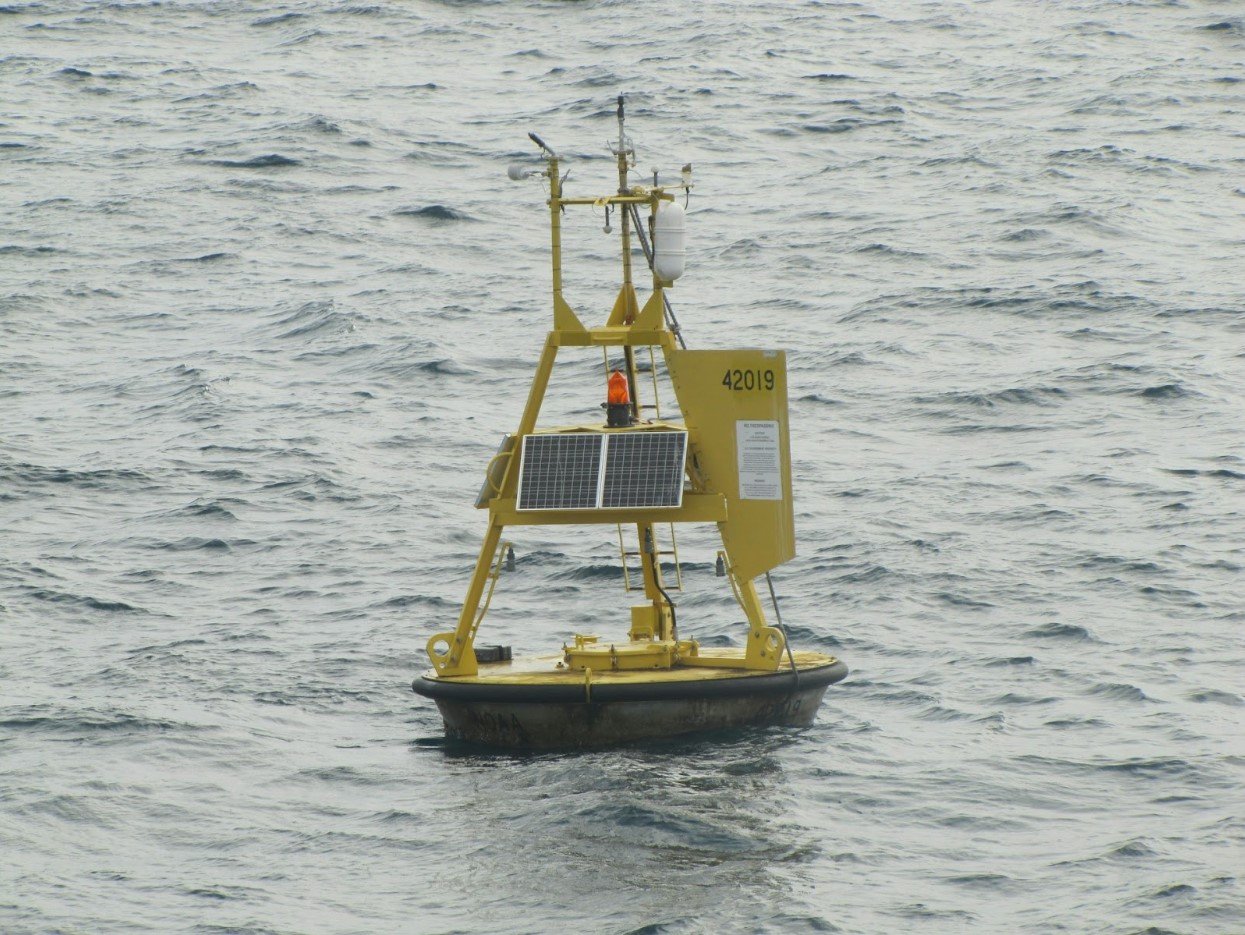
The potential risks of oil exploration could drive increased research and conservation efforts in Antarctica. Comprehensive studies on ecosystems, improved conservation strategies, and greater international collaboration are needed to protect this unique environment.
These efforts will ensure that scientific and environmental priorities remain at the forefront of Antarctic activities.
Technological Innovations in Oil Spill Prevention
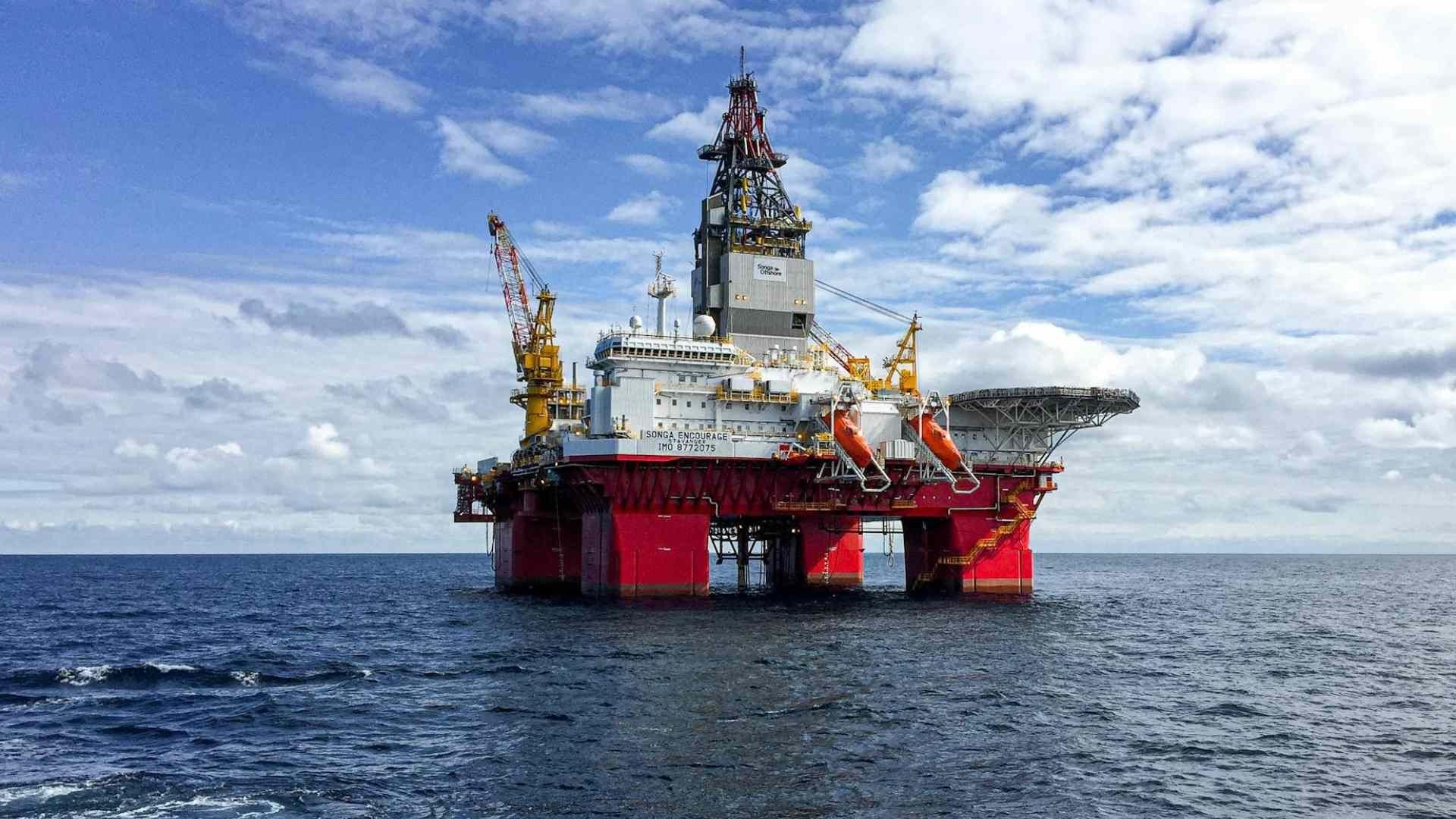
A potential silver lining is that the threat of oil spills in Antarctica could spur technological innovations aimed at prevention and mitigation.
Advances in spill detection, containment, and clean-up technologies will be crucial in minimizing environmental damage. Investing in these technologies can help safeguard the Antarctic environment if oil exploration does proceed.
